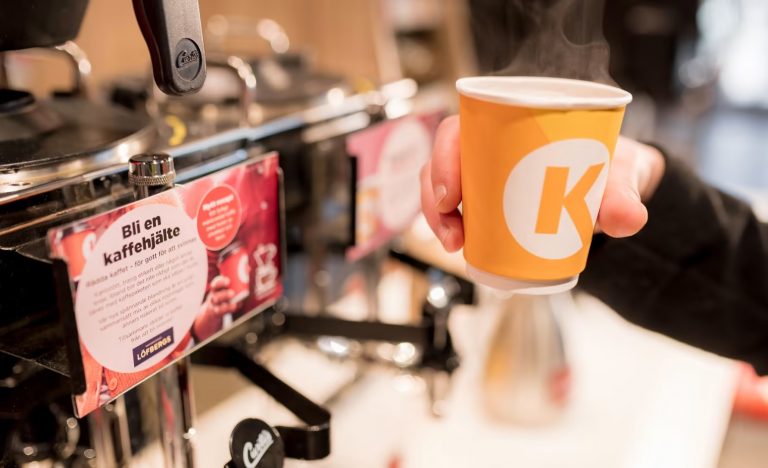Through purposeful efforts and large investments, Swedish-based Löfbergs has successfully reduced its climate impact by 90 per cent over the last three years. The results are presented in the sustainability report that the family-owned coffee roaster releases today. The company are setting new tough climate targets with the focus to reduce the climate emissions in the entire value chain – in other words, even outside its own operations.
“Climate change is already affecting the coffee industry to a large extent, and something has to be done. It is about truly reducing the emissions in the entire value chain. We cannot climate-compensate away the challenges in the coffee industry,” says Kajsa-Lisa Ljudén, Head of Sustainability at Löfbergs.
Löfbergs is now setting concrete objectives when it comes to climate emissions outside of the company’s own activities, for example for farming, customer transports and consumption. By 2030, Löfbergs will have contributed with a reduction of 30 per cent.
“This will require new kinds of cooperation, which we welcome. In the end, it is about us wanting to contribute to a world where people and coffee can grow,” says Kajsa-Lisa Ljudén.
The 90 percent reduction of the company’s own climate impact over the last three years is due especially to the transition to bioLPG in the roasting process and the SEK 200 million investment in a new, modern, and environmentally certified roastery in Karlstad.
“The new roastery is truly a successful climate investment that results in us taking a giant leap in our climate action. That, in combination with finding new smart solutions that reduce our waste, increases the share of plant-based packaging material and other things that are bringing us closer to the goal of becoming circular and generating zero waste,” says Kajsa-Lisa Ljudén.
In 1995, Löfbergs imported the very first container of organic coffee to Sweden, and today the whole assortment has a sustainability certification. This has contributed to SEK 45 million in extra premiums for Fairtrade farmers and cooperatives during the year, and that an area equivalent to 12,700 football pitches has been converted to organic farming without artificial fertilizers and pesticides.
But Löfbergs is making great investments beyond sustainability certifications too, for example through its own development projects. The work is carried out within the frame of International Coffee Partners and coffee&climate, two initiatives that Löfbergs has founded together with other European coffee companies. Almost 180,000 coffee farmers have participated in the projects to date.
“To strengthen the coffee farmers and their possibilities of meeting climate change and improve their living conditions is a prioritised matter to secure the future of coffee,” says Kajsa-Lisa Ljudén.



